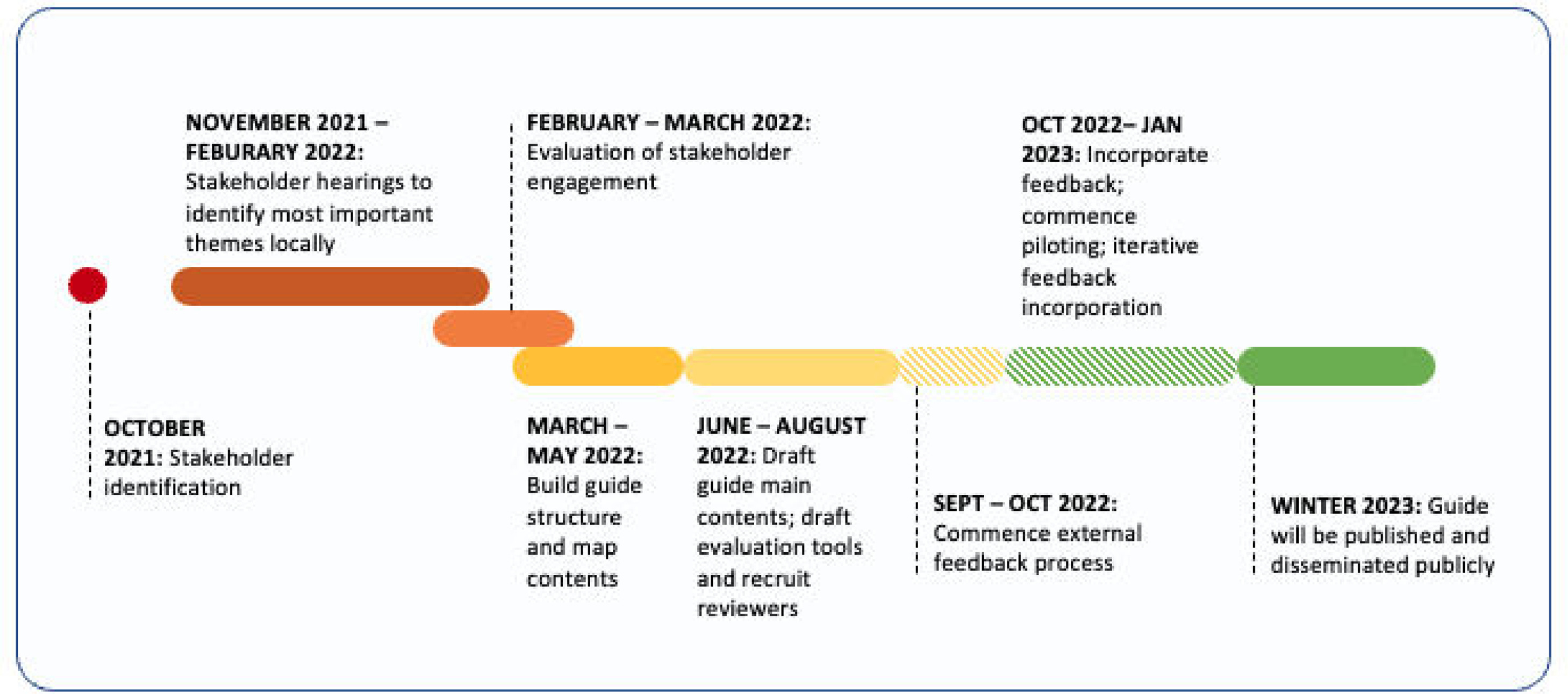Sarah Perkins-Kirkpatrick, Donna Green, Chapter 2 - Extreme heat and climate change, Editor(s): Yuming Guo, Shanshan Li, Heat Exposure and Human Health in the Context of Climate Change, Elsevier, 2023, Pages 5-36, ISBN 9780128190807, https://doi.org/10.1016/B978-0-12-819080-7.00006-9.
Principles and Practice of Pediatric Infectious Diseases (Sixth Edition) - Chapter 75: Osteomyelitis
Principles and Practice of Pediatric Infectious Diseases (Sixth Edition)
2023, Pages 493-500.e3
Nelson Pediatric Symptom-Based Diagnosis: Common Diseases and their Mimics (Second Edition)
2023, Pages 431-449.e2
Nelson Pediatric Symptom-Based Diagnosis: Common Diseases and their Mimics (Second Edition)
2023, Pages 661-671.e1
Visualization Techniques for Climate Change with Machine Learning and Artificial Intelligence, 2023, pp 377-399
Principles and Practice of Pediatric Infectious Diseases (Sixth Edition), 2023, Pages 1125-1133.e4
This content aligns with Goal 3: Good Health. Hepatitis B prevalence is highest in the WHO Western Pacific Region and the WHO African Region, where 6.2% and 6.1% of the adult population is infected, respectively. In the WHO Eastern Mediterranean Region, the WHO South-East Asia Region, and the WHO European Region, an estimated 3.3%, 2.0%, and 1.6% of the general population is infected, respectively. In the WHO Region of the Americas, 0.7% of the population is infected. Global differences of HBsAg positivity prevalence between males (3.9%) and females (3.5%) are small.


